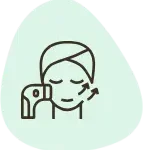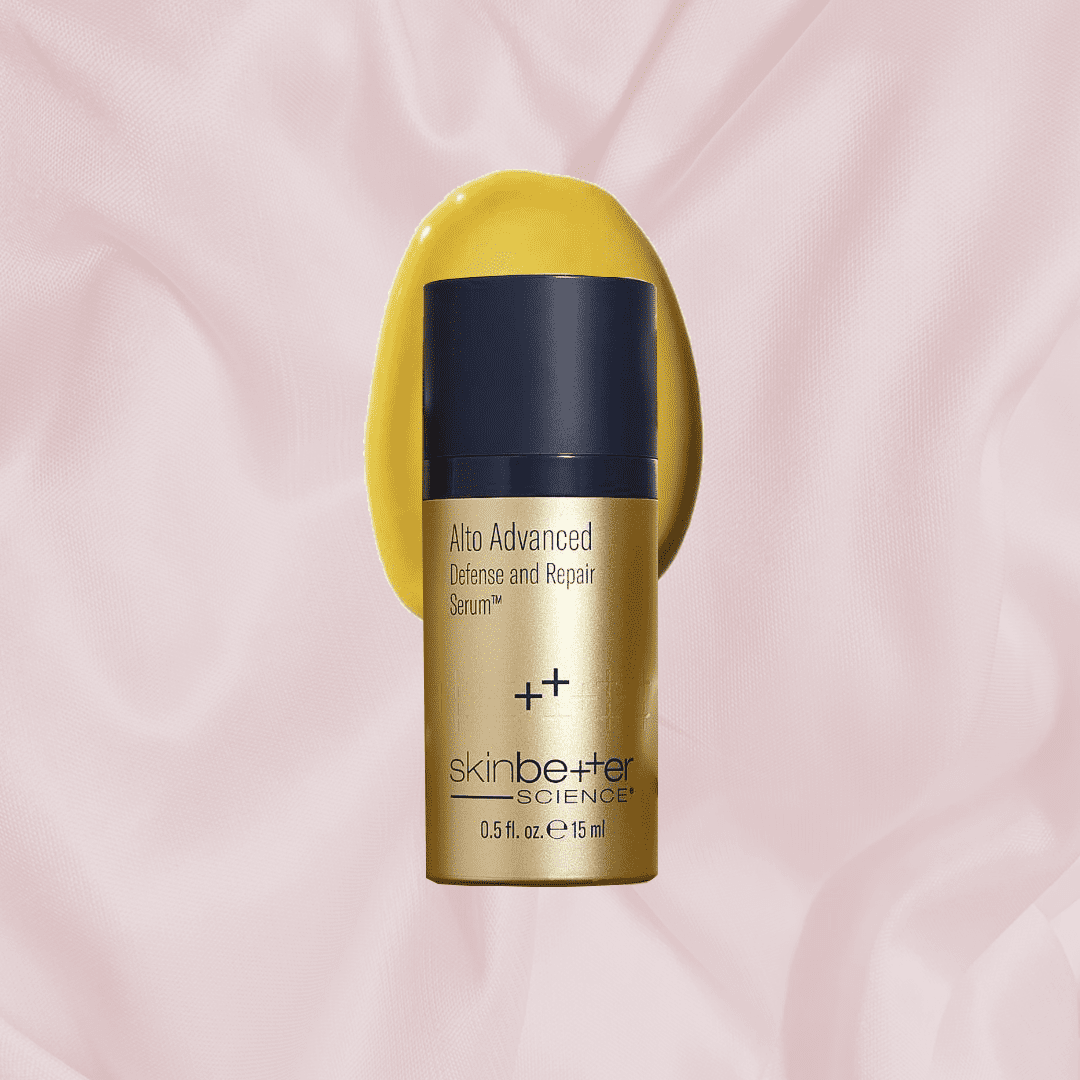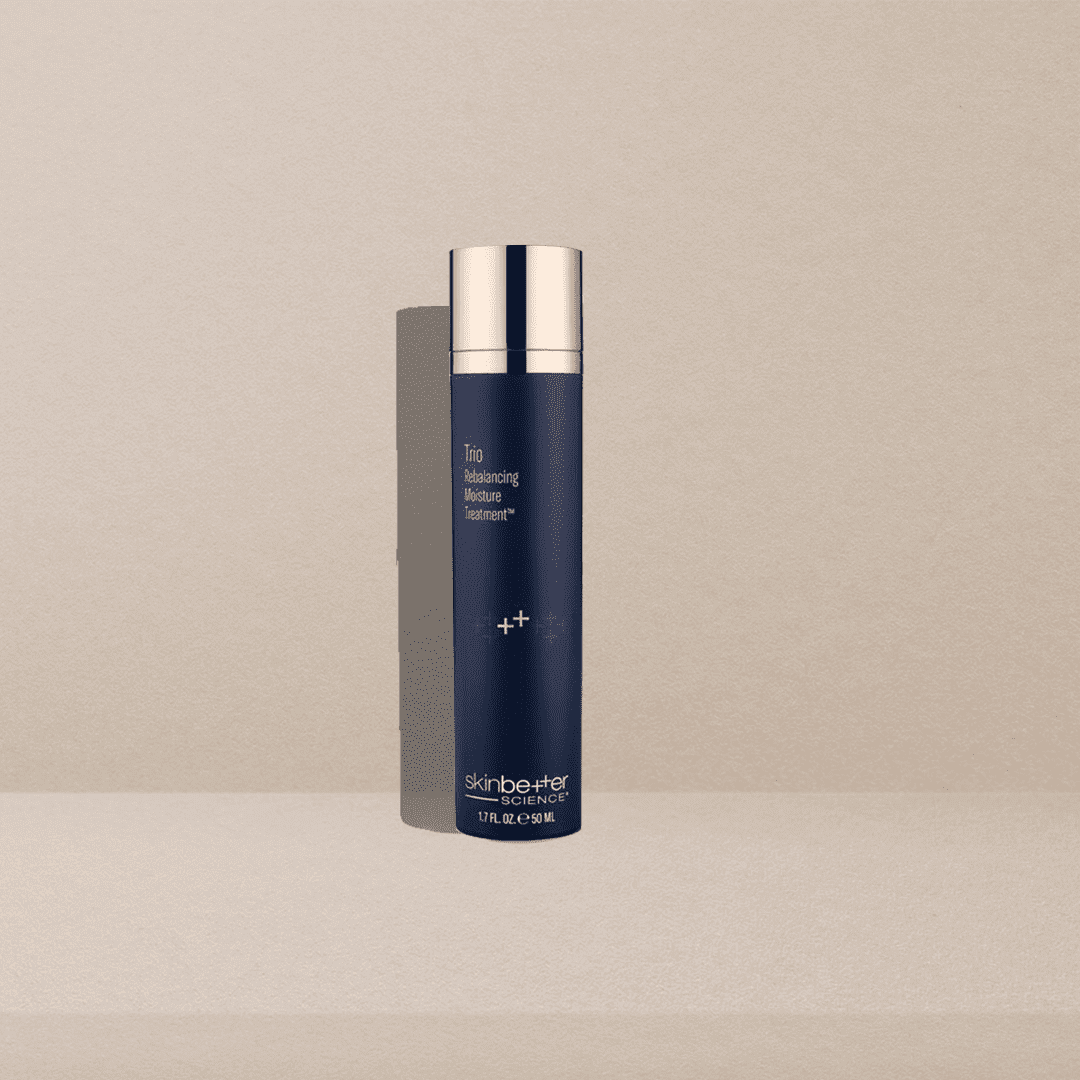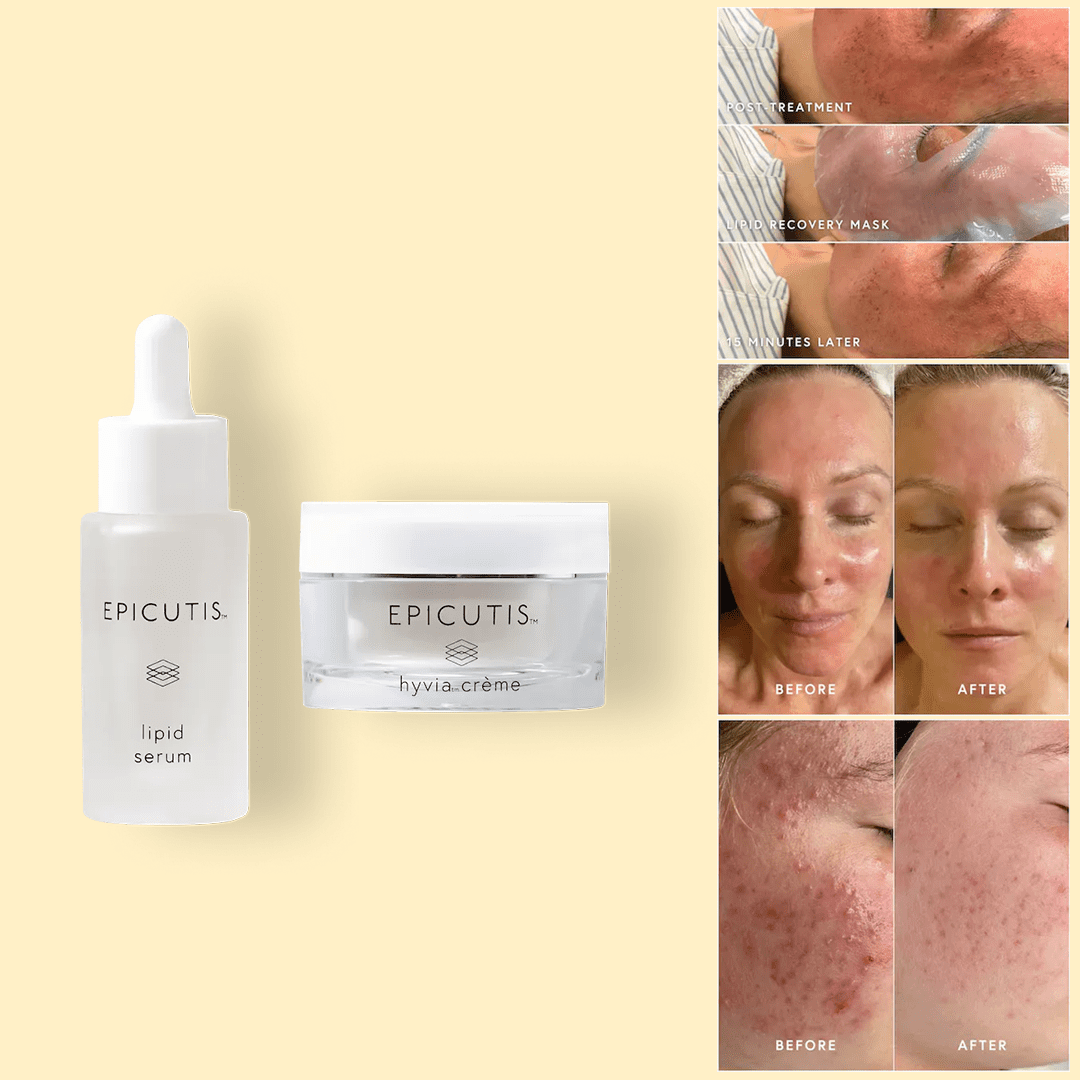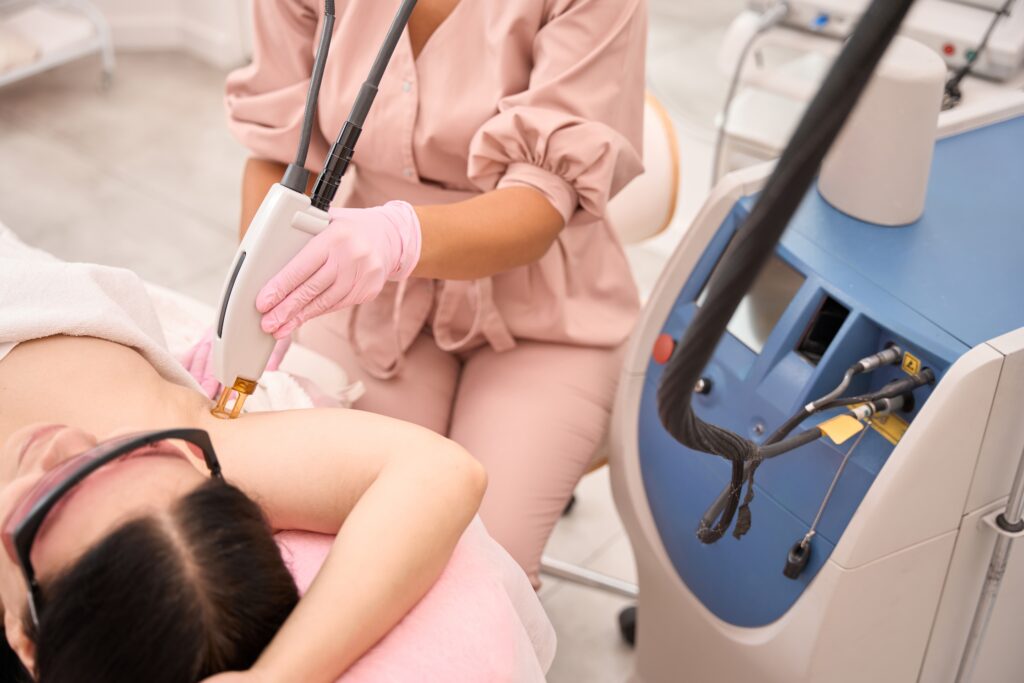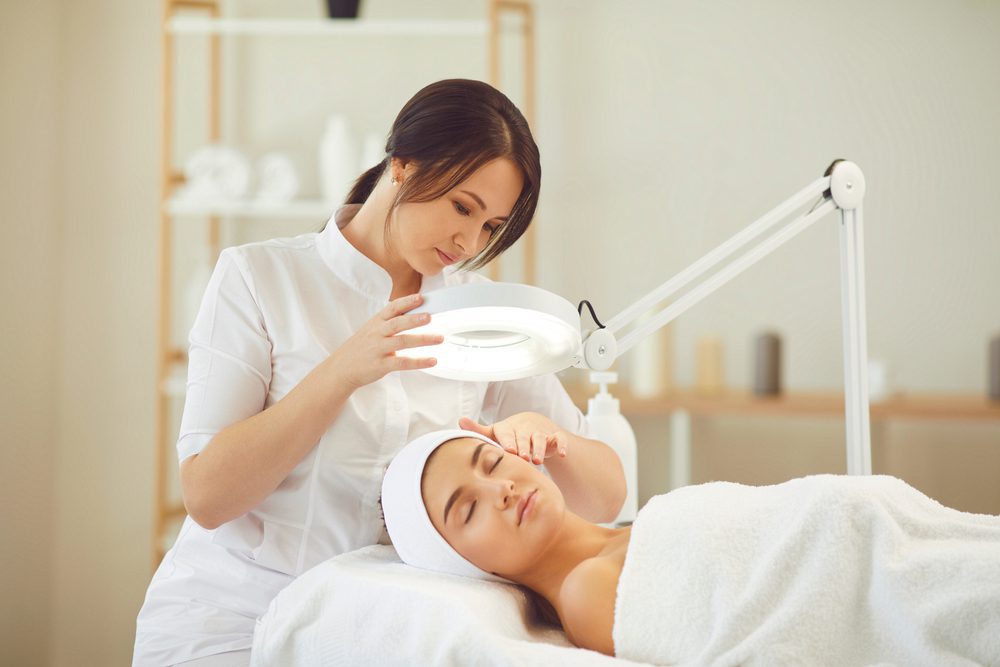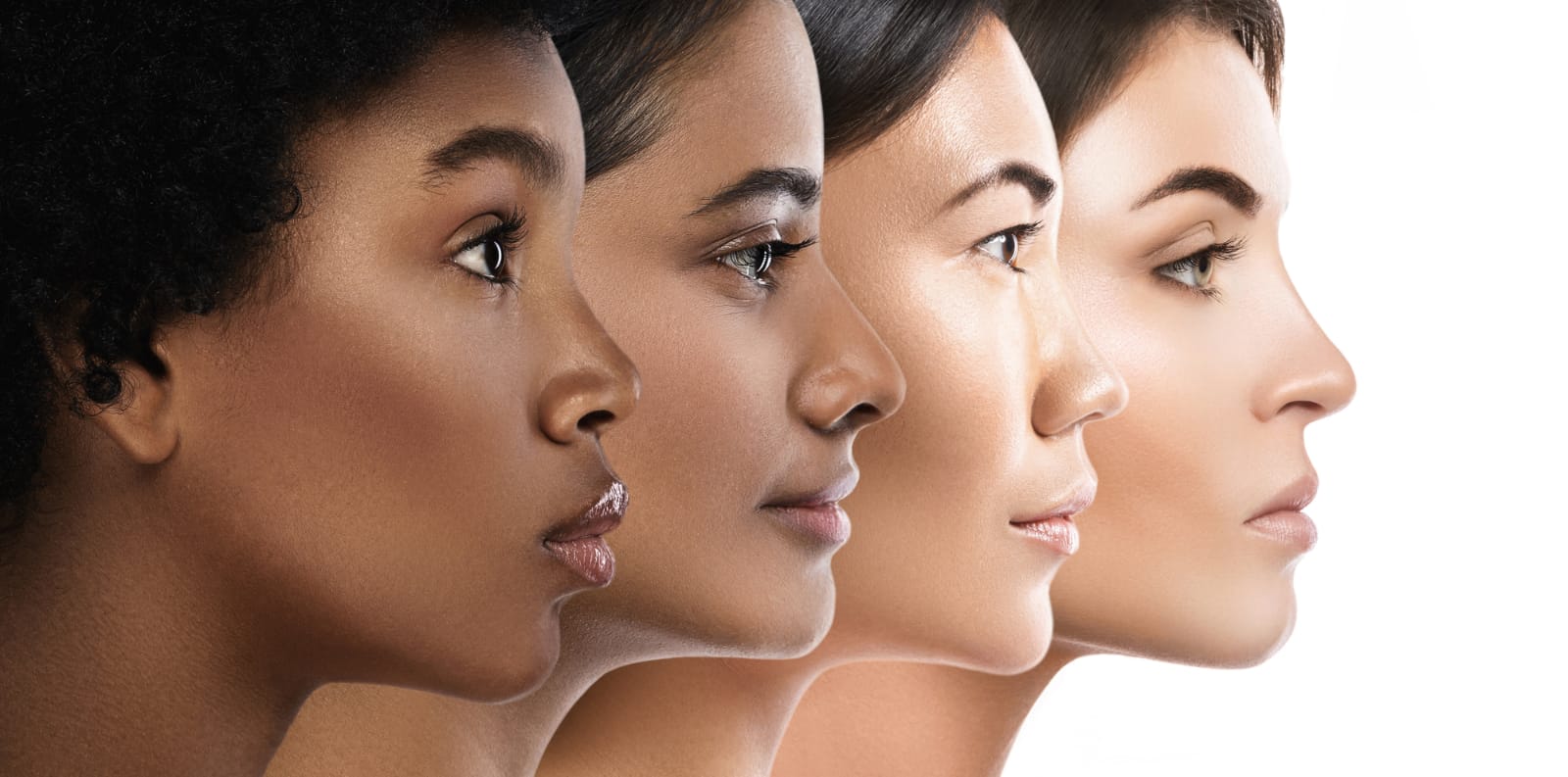
ABOUT OUR SPA
The Anara Medspa Belief in Skin Care
First of its kind in Central New Jersey in the area of East Brunswick, Anara Medical Spa (The Best Laser Hair Removal in New Jersey) was founded with the vision of offering advanced state of the art cosmetic laser services in a safe and comfortable environment, complemented by aesthetic day spa, under one roof. Our goal is to enhance the beauty and self esteem everyone is inherently endowed with, and also help subtract years from their age. Whether you are looking for skin clinic med spa, medspa clinic or a laser skin medspa, you have reached the right page.
Top Picks
New & Trending Products
Awards and Achievements

Readers Choice Winner for 4 years in a row: The Best Medi-Spa in
New Jersey
New Jersey

Best of award in
New Jersey 2016
New Jersey 2016

Best of award in
New Jersey 2015
New Jersey 2015

Best of award in
New Jersey 2014
New Jersey 2014

Best of award in
New Jersey 2012
New Jersey 2012

Silver level member of IAPAM

American Board of Laser Surgery

Best of award in
New Jersey 2017
New Jersey 2017

2018 Spectrum Award for Customer Service Excellence

We are one of the 3 Best Rated Medspas in
New Jersey
New Jersey

Readers’ Choice Contest 2019 winner for Best of the Best
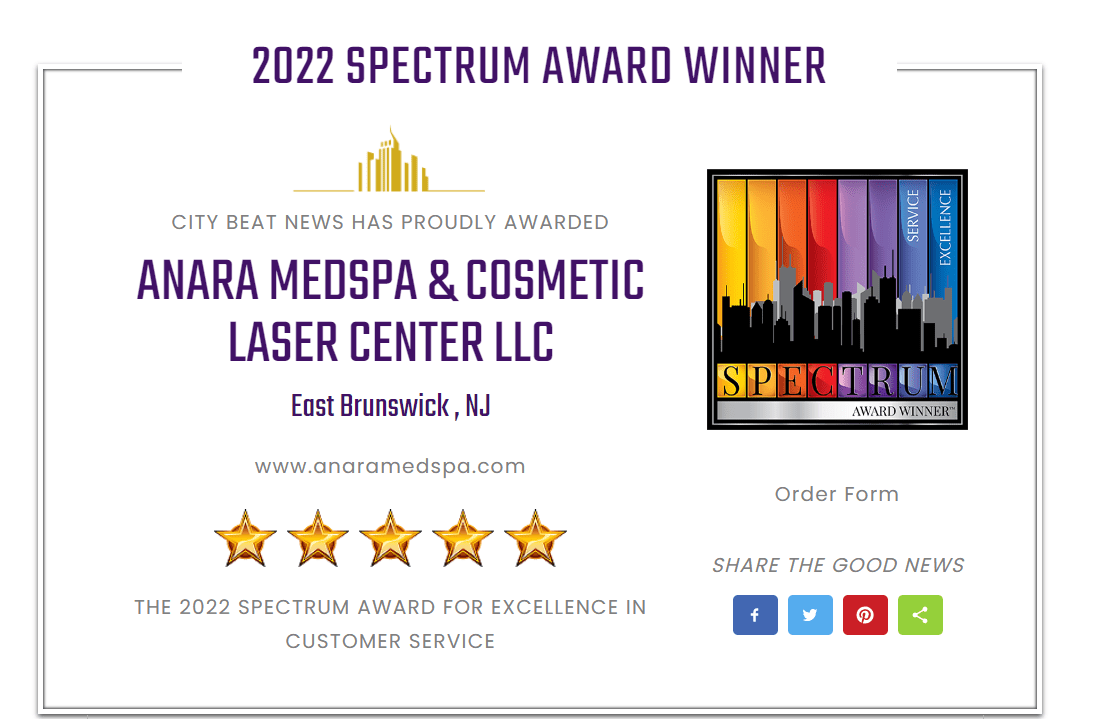
2022 Spectrum Award Winner
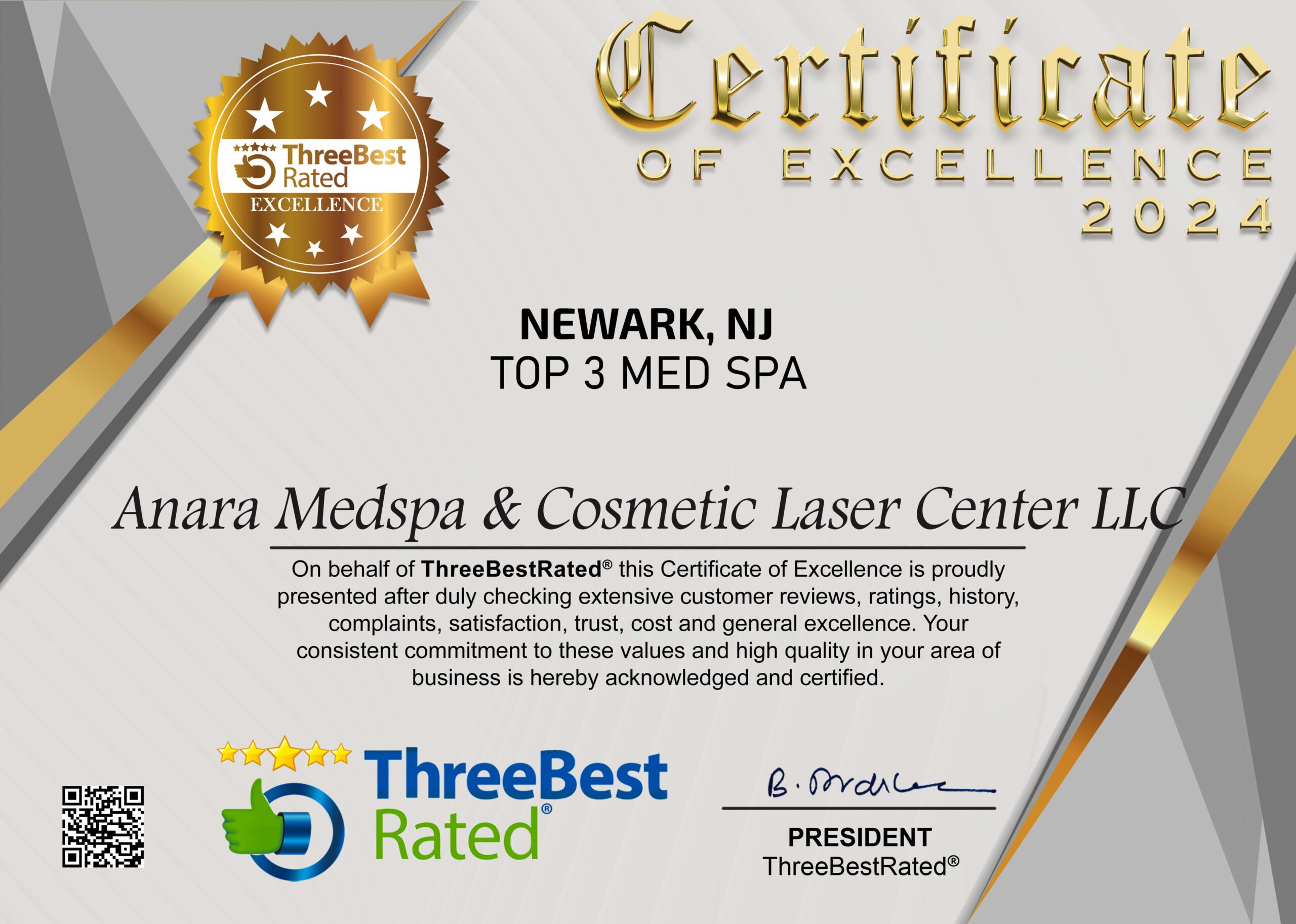
Newark, NJ Top 3
MED SPA
MED SPA
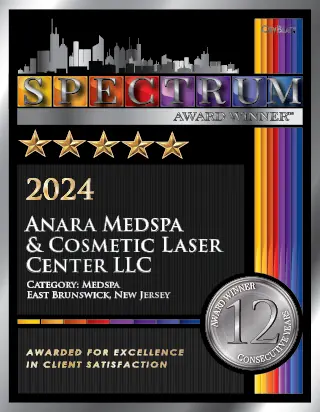
2024 Spectrum Award
Winner
Winner

2025 Excellence Award
Winner
Winner

2025 Best Business Award
Winner
Winner
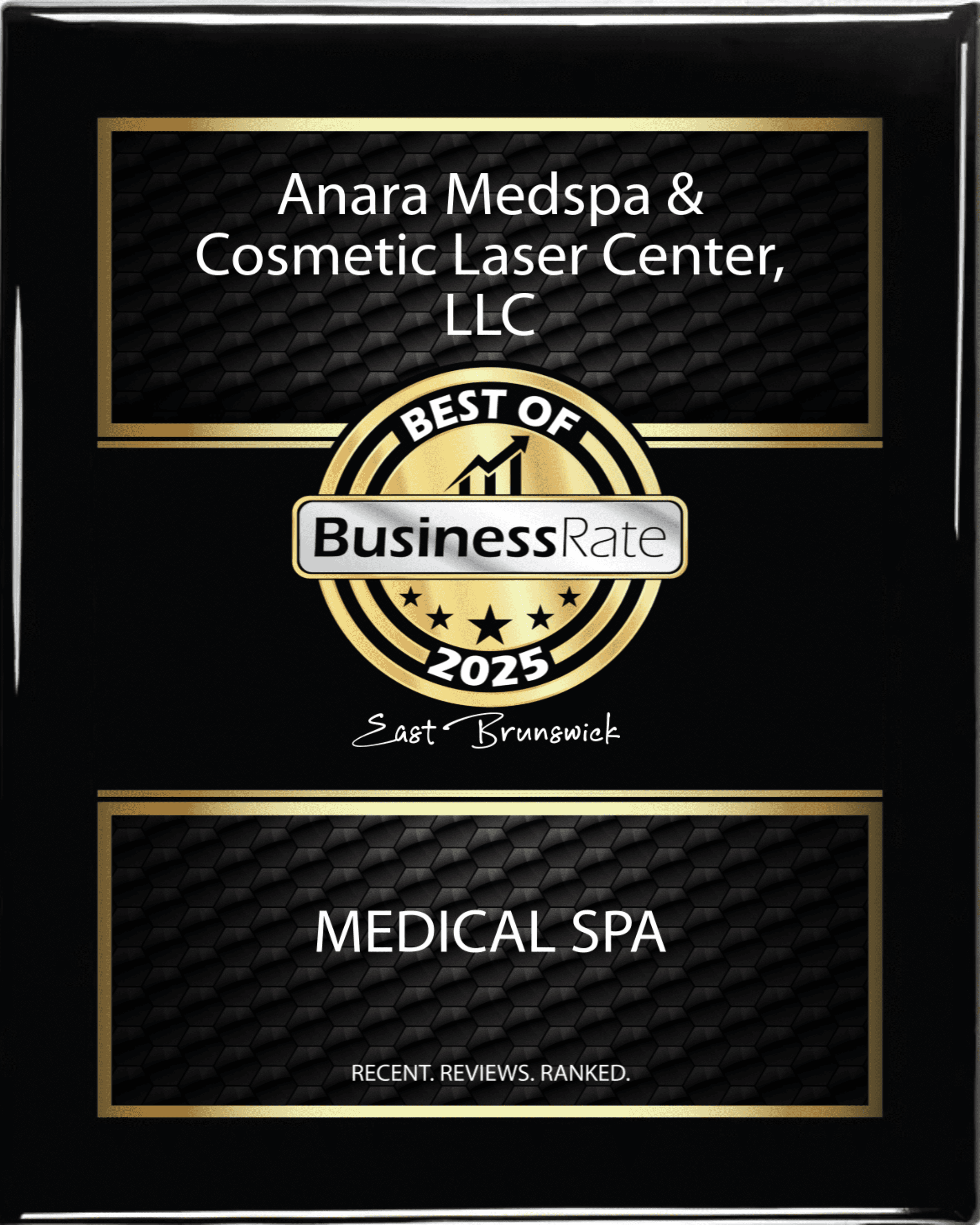
2025 Best Business Rate Award
Winner
Winner

2025 Spectrum Award
Winner
Winner

NJ's Best Medical Spas - 2025 (Best of New Jersey)
Latest
News & Updated Blogs
Testimonial
What our Customers Says
Gift Certificate
Instant Gift Certificate
Design your gift certificate, preview it, and then send or print it immediately. It’s fast and easy!

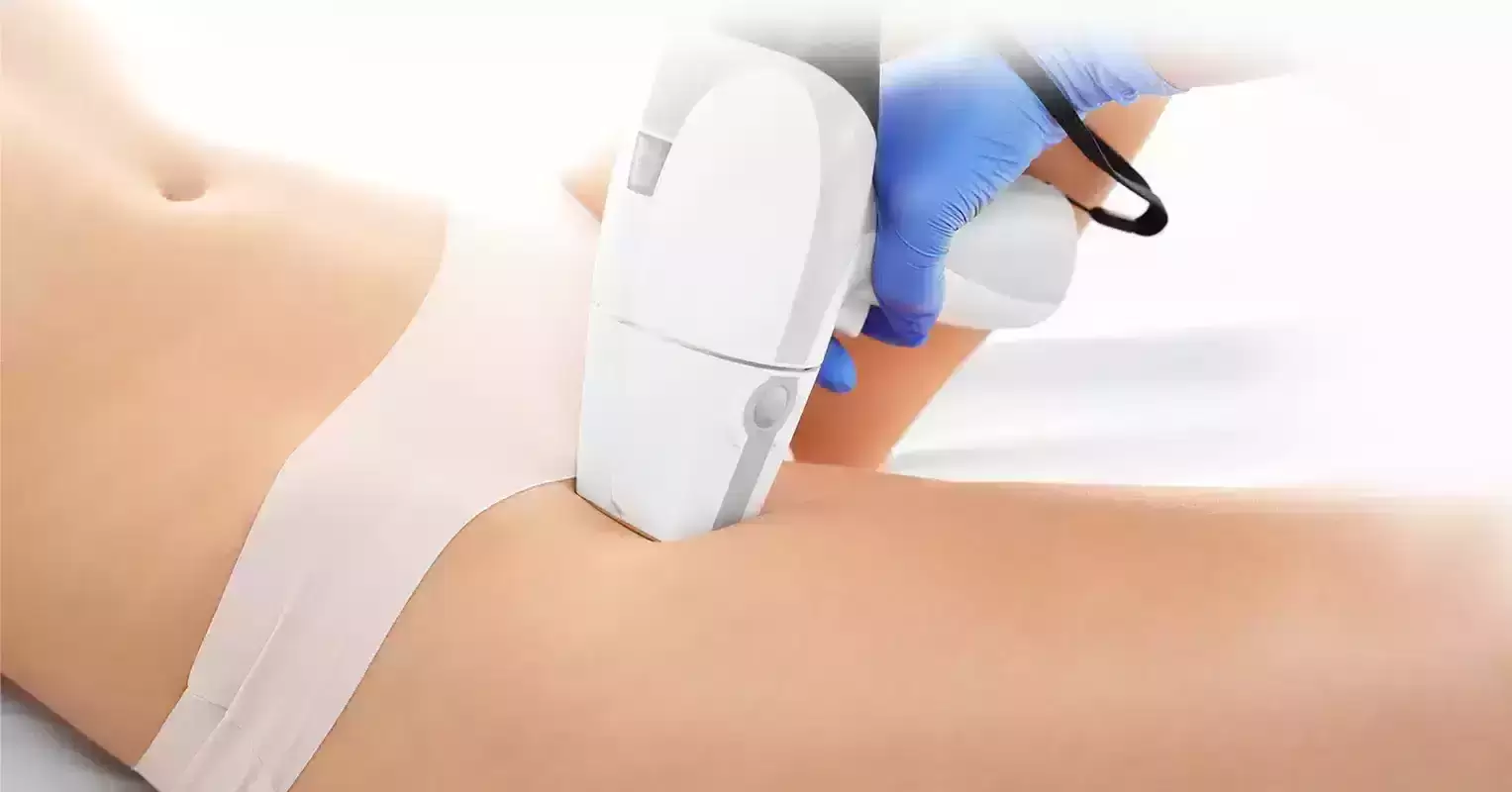
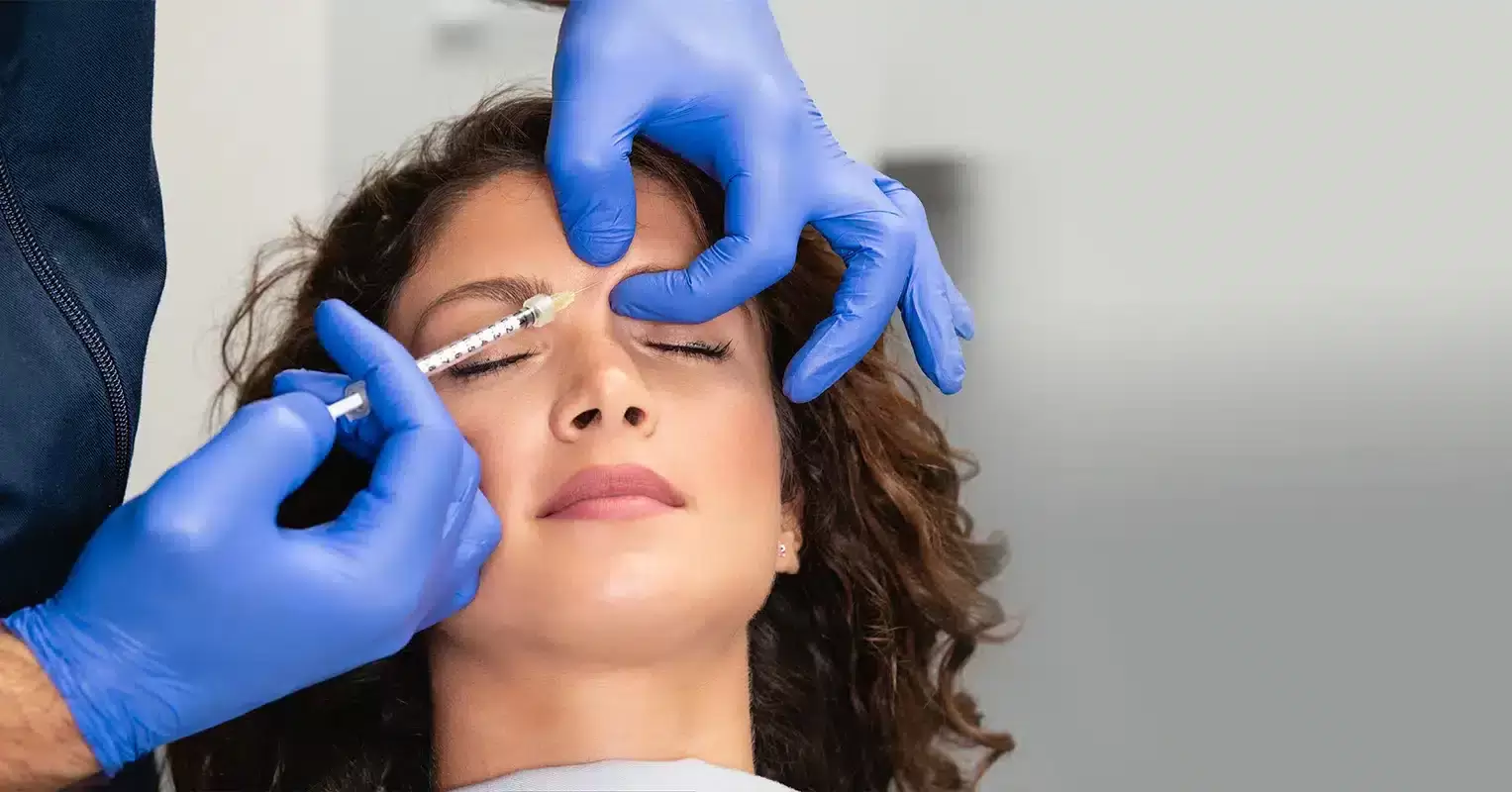
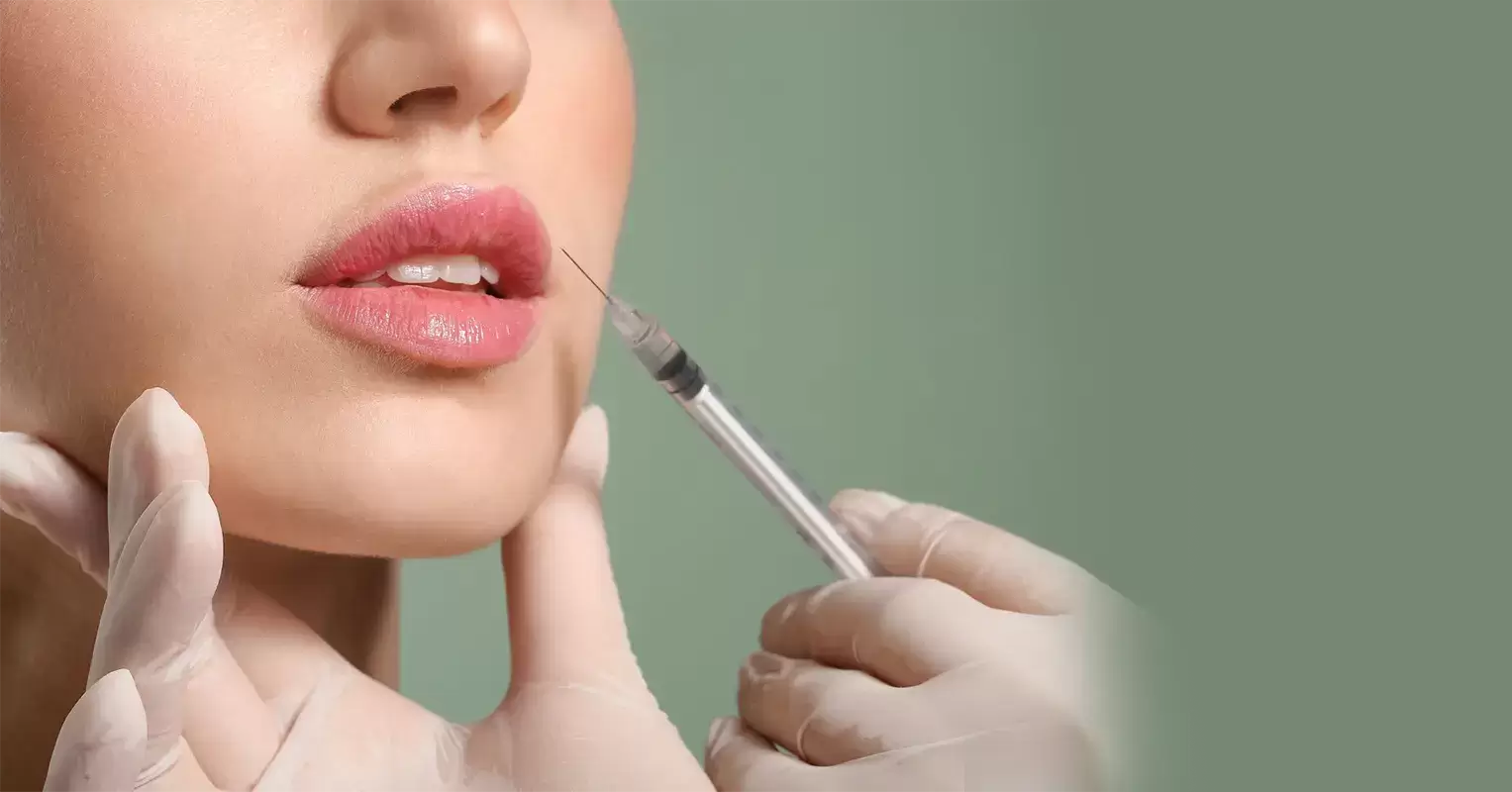
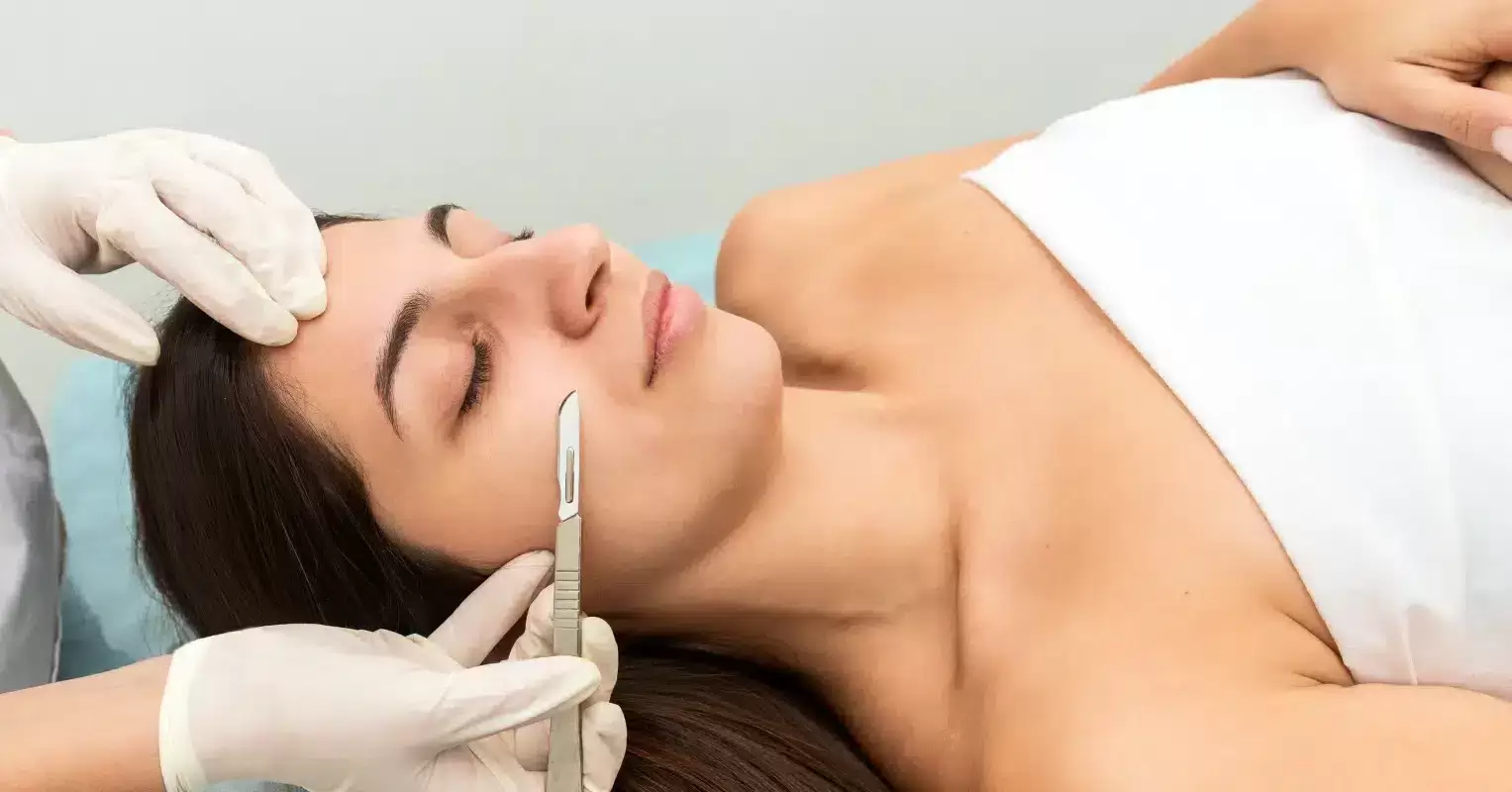
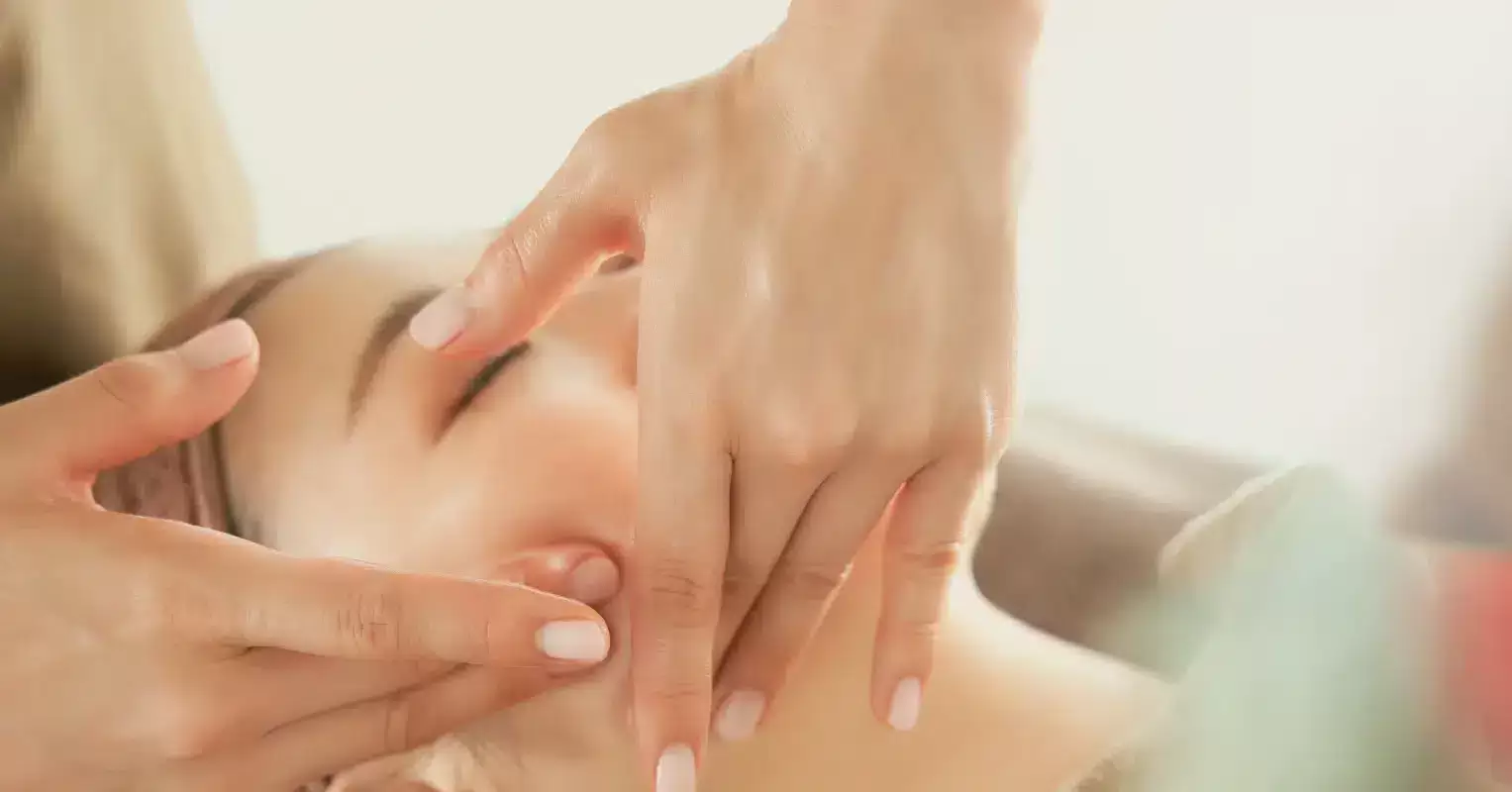
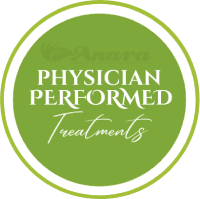
 Laser Hair
Laser Hair  Micropeels
Micropeels Dermal Fillers
Dermal Fillers



